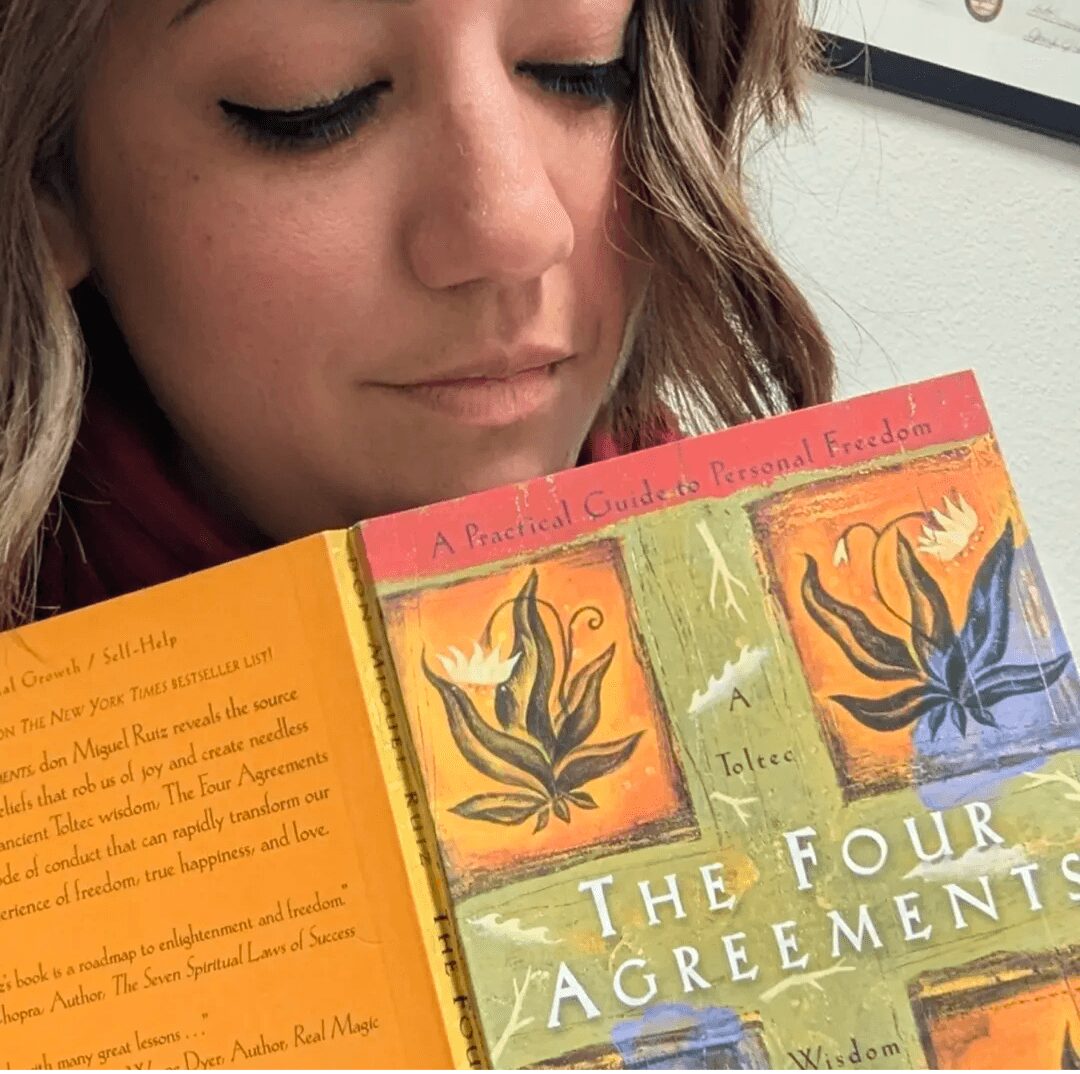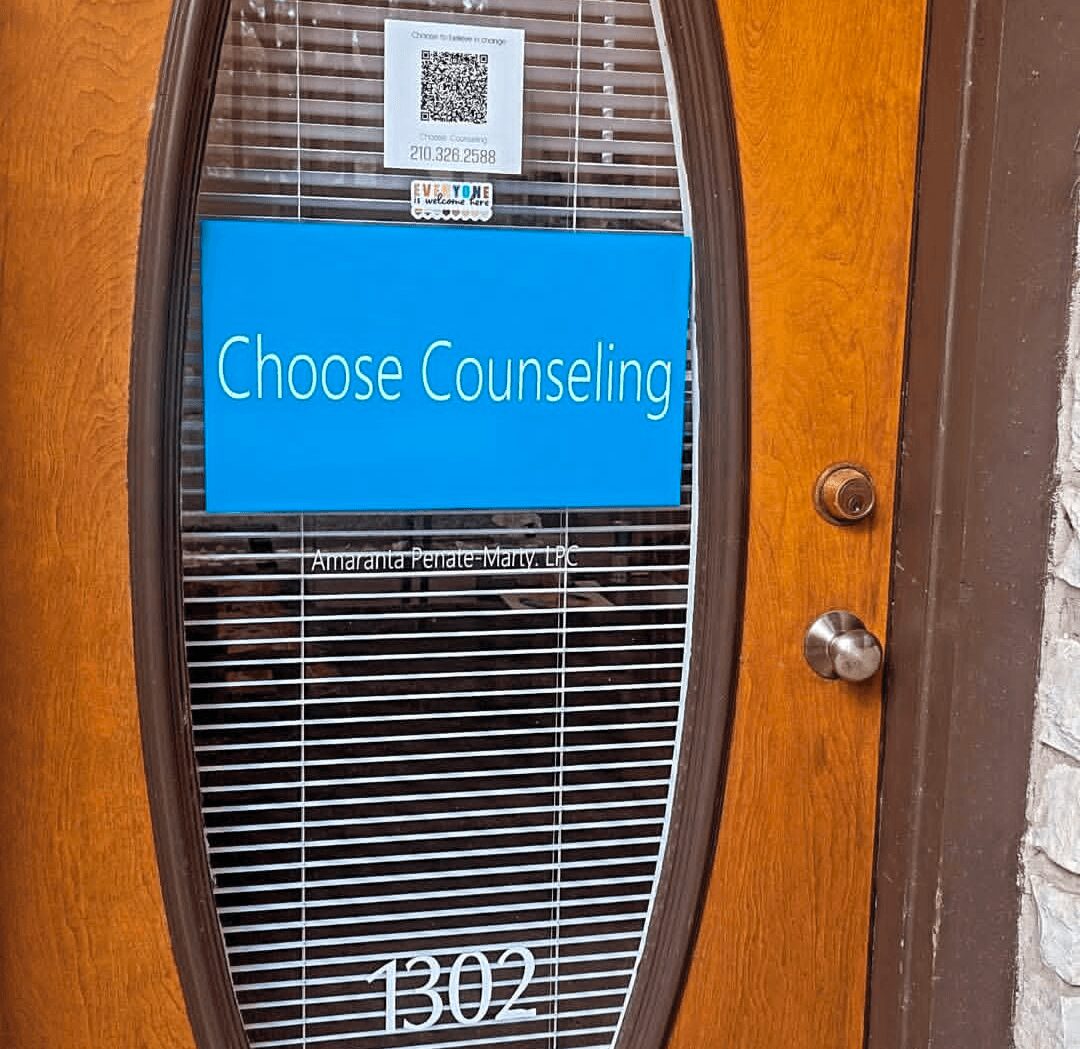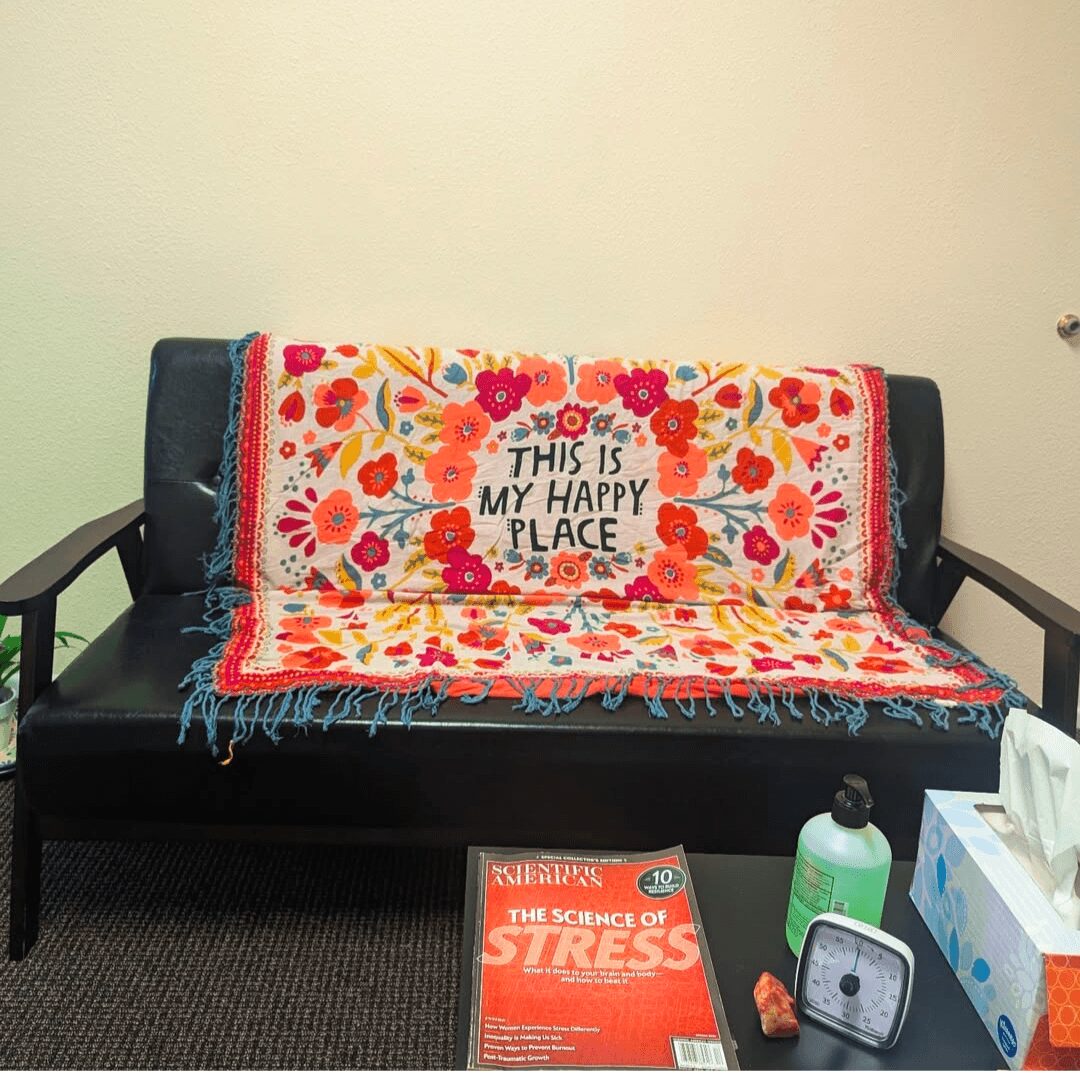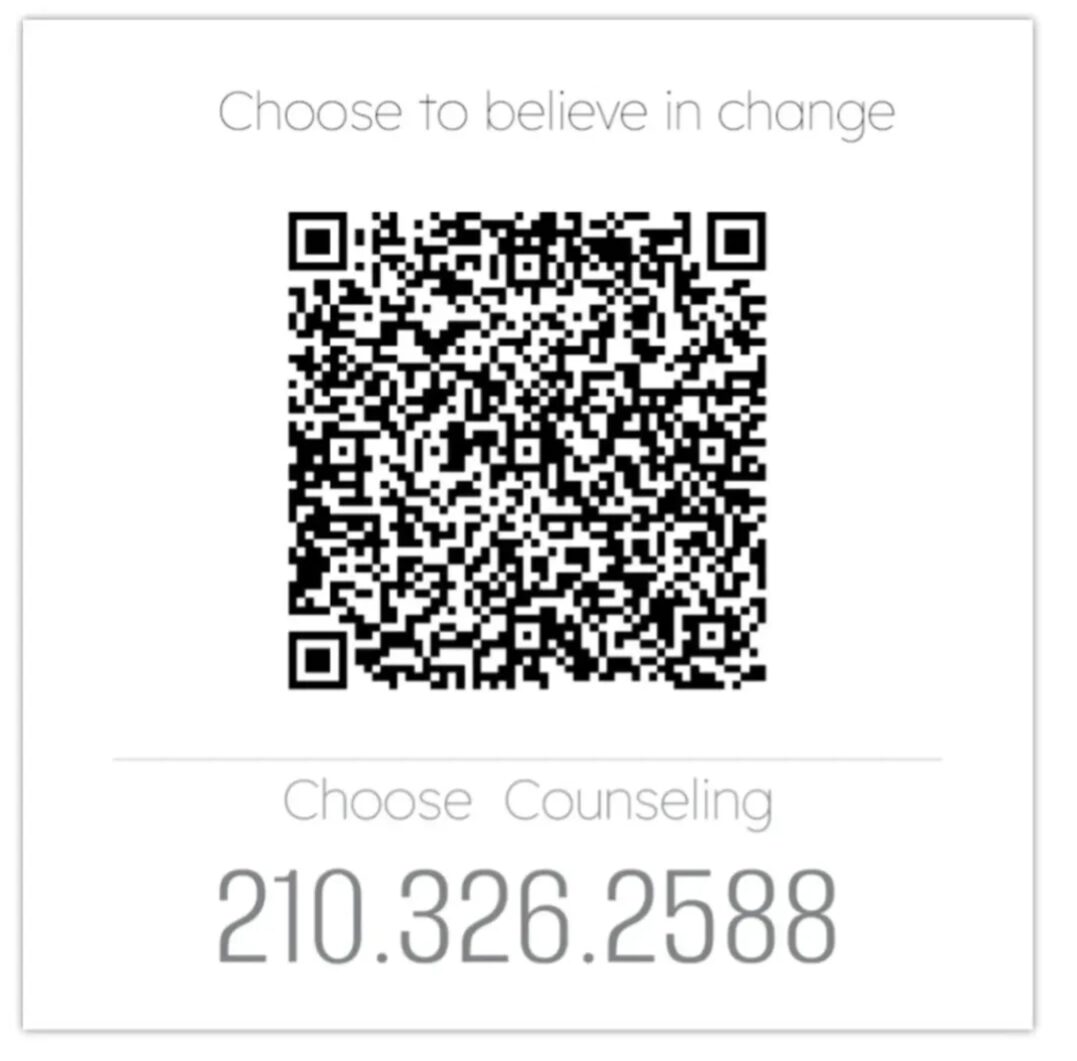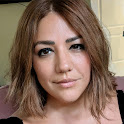

Today we’d like to introduce you to Amaranta.
Hi Amaranta, we’d love for you to start by introducing yourself.
Some people are lucky enough to know what they want to do as a career since high school. I was one of them—I wanted to be a graphic designer! Yes… not a therapist, not yet. That wasn’t on my radar at all. I loved art and creativity, and I was good at it, so I was set. Ready for the world.
In the last year of high school—well, two months before graduation—my dad left. And with him, my dreams of pursuing an expensive career in graphic design also left.
Not knowing what to do, I started studying Communications. And even though I enjoyed it, after finishing the program I found myself with a bachelor’s degree but no clear idea of what to do with my life. At the time, I knew I had to start working seriously, so I took a job in Public Relations at a university. I stayed with that company for 16 years and left as Director of the Admissions program. It was a great position with a great salary—but still, not a career I could call my dream.
Education has always been important to me. Not only do I enjoy learning, but I’ve always wanted to specialize in something that would make me want to wake up every day with a smile—and the energy to pursue it.
I became a mother at 27. After my daughter was born, my need to have a profession grew stronger. I wanted to do it for me—but also to show my daughter that she could achieve anything she set her mind to.
By my early 30s, I was in the middle of a divorce and a custody battle, during which a social study was conducted by a Licensed Professional Counselor.
One thing I’ll never forget was a session I had with him.
He asked kindly:
“Why do you think your daughter should live with you?”
“Because she is my daughter and I need her,” I replied.
“This is not about you,” he said. “This is about her and her needs.”
Instead of getting upset, I thought it through—and realized he was right. I was there for her, not for me.
When I left, he gave me his card. After his name, it read: MS, LPC.
I went home and stood by the kitchen sink, staring at that card. I thought: This man has the power to tell the court what he believes is best for my daughter. A judge will listen to him because of his degree and experience.
In that moment, I made two decisions:
I would respect the court’s decision because I trusted this professional’s expertise.
I would finally go back to school—and I would become an LPC: a Licensed Professional Counselor.
Alright, so let’s dig a little deeper into the story – has it been an easy path overall and if not, what were the challenges you’ve had to overcome?
“I would have preferred to be an orphan than a child of a drunk.”
That’s something you usually say when you’re older, sitting in a circle of folding chairs at a support group for adult children of alcoholics—after years of therapy, shame, and unraveling the past. But I was six years old when I stood in front of my father and said those words.
I even remember comparing my life to a friend at school who had lost both her parents. I don’t remember her name now, but I’ll never forget the clarity I had that day. I knew exactly what it meant to have a drunk for a dad.
Looking back, I know now what I didn’t know then: I was born anxious. Back then, though, I just felt angry—furious, really. I was the only girl between two brothers, a middle child with a father lost in addiction and a mother who was doing her best while carrying her own childhood scars. She, too, was the daughter of an alcoholic.
They call it generational trauma—wounds passed not only through behaviors and parenting but maybe even embedded in our DNA. So what came first: the anxiety or the circumstances? The chicken or the egg? Did my childhood make me anxious? Or was it always inside me, waiting to surface?
I don’t have all the answers, but I know this: I’ve always carried anxiety.
Even before I was five, I can remember moments when I would retreat to my room, heart racing, hands trembling, not understanding what was happening. I just knew I had to be alone.
It was around first grade when I started scratching my hand. At first, it was just a nervous tick—something to focus on besides my thoughts. But it quickly became more than that. Scratching became soothing. It became my way to manage the chaos inside. It became a ritual.
My mom tried everything to make me stop—socks over my hands, hot sauce on the skin—but nothing worked. I learned to do it in secret. I hid the behavior, and eventually, I hid the damage too.
That scar on my hand? It’s been with me for decades, I hadn’t scratched for a while. That spot had been “healed” for six months. And still—I missed it.
It was my safe place.
That’s hard to explain to people. Sometimes I lie when they ask. Sometimes I tell the truth. The scar starts conversations. Some people are confused. Some are compassionate. Some see themselves in it.
This scar has been my witness. It holds memories, pain, and the small, desperate ways I learned to care for myself when I felt completely alone.
Thanks – so what else should our readers know about Choose Counseling?
“Choose Counseling” holds deep meaning for me. The word choose itself carries incredible power.
When I was in my Master’s program, I was introduced to Albert Ellis, the founder of Rational Emotive Behavior Therapy (REBT). Through his work, I came across a quote that has stayed with me ever since: “If you don’t like something, change it. If you can’t change it, change the way you think about it.”
That idea changed the way I see life. It reminded me that no matter what challenges I face, I always have a choice—especially the choice to change my perspective.
Many people believe that anxiety, depression, or any mental health struggle takes away their ability to choose. But that isn’t true. Even in the hardest moments, we can choose to see things differently, to think differently, and in doing so, to feel differently.
I chose to become a psychotherapist and now I can proudly say that I am bilingual and bicultural psychotherapist who sees this work not just as a profession, but as a true calling.
I’m passionate about helping individuals discover that healthier, more fulfilling lives are within reach—often by simply taking the time to explore their thought patterns and understand how these affect their emotions and behaviors.
My clinical approach integrates Cognitive Behavioral Therapy (CBT), Rational Emotive Behavior Therapy (REBT), Solution Focused Therapy (SFT), Mindfulness practices and Trauma-Focused Cognitive Behavioral Therapy (TF-CBT) to promote healing, self-awareness, and resilience.
Hello! I’m a bilingual and bicultural psychotherapist who sees this work not just as a profession, but as a true calling. I’m passionate about helping individuals discover that healthier, more fulfilling lives are within reach—often by simply taking the time to explore their thought patterns and understand how these affect their emotions and behaviors. My clinical approach integrates Cognitive Behavioral Therapy (CBT), Rational Emotive Behavior Therapy (REBT), Solution Focused Therapy (SFT), Mindfulness practices and Trauma-Focused Cognitive Behavioral Therapy (TF-CBT) to promote healing, self-awareness, and resilience.
I have extensive training in trauma, depression, anxiety, mood and personality disorders, as well as grief and substance abuse.
My ability to connect with both North American and Hispanic cultures has deepened my insight into how language and cultural differences can influence relationship dynamics, particularly within couples and families.
I view every person as a unique individual and tailor my therapeutic approach to meet their specific needs. I believe counseling isn’t just for those who are struggling, but for anyone who believes in the power of growth and change. Above all, I offer a space of unconditional acceptance—because that is at the core of my philosophy and the heart of my work.
We’d love to hear about any fond memories you have from when you were growing up?
One of my favorite childhood memories is visiting my grandparents. They were always kind, always ready to welcome us with open arms and our favorite food.
My grandfather loved to tell stories from his younger days, and I would sit there, completely absorbed, trying to picture every detail he described—the places, the people, the moments that shaped his life.
I especially loved when my dad would say, “Okay, we’re staying for dinner.” Those words always meant something special. Grandma and I would head out to buy pupusas, the traditional Salvadorian dish we all loved, and bring them back home.
We’d sit together in the front yard, laughing, eating, and enjoying the easy warmth of family. Even now, the memory of those evenings—the smell of pupusas, the sound of my grandfather’s voice, the feeling of belonging—fills me with comfort and nostalgia.
Contact Info:
- Website: https://care.headway.co/providers/amaranta-penate-marty
- Instagram: amaranta_art_n_therapy
- LinkedIn: https://www.linkedin.com/in/amaranta
